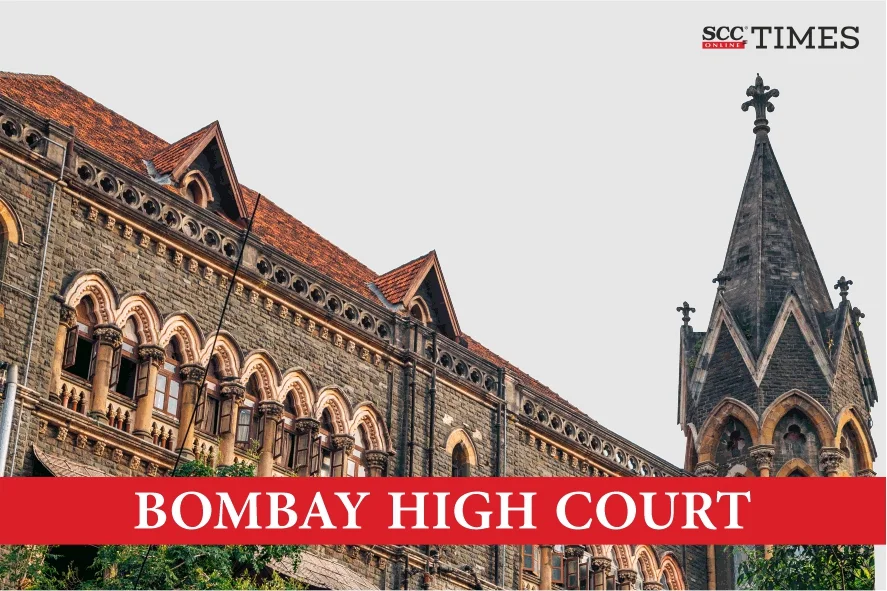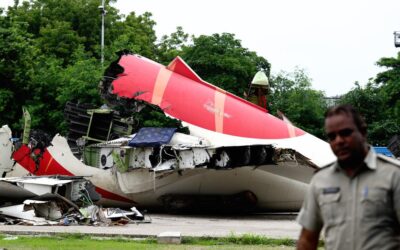Bombay High Court denies transfer in divorce case over delay tactics

Bombay High Court: The present application was filed by the applicant-wife, who sought transfer of matrimonial proceedings initiated by her husband before the Family Court at Pune to the Civil Court, Senior Division, Kalamb, District Osmanabad, citing that she resided there and had no independent source of income. A Single Judge Bench of Kamal Khata, J., dismissed the plea, holding that the Transfer Application was a strategic attempt to delay the proceedings and such misuse of the process could not be permitted. The Court emphasised that the wife was at liberty to seek permission from the Family Court, Pune, to appear via video conferencing, and following the same, the husband should pay Rs 5000 per appearance towards her travel and related expenses.
Background:
The inter-caste marriage between the parties was solemnised on 05-04-2016 in accordance with Hindu rites and rituals. The wife contended that she was subjected to mental and physical cruelty by the husband and his parents. She further alleged that he was an alcoholic and had extramarital relations with another woman.
She sought the transfer of the divorce proceedings initiated by her husband before the Family Court in Pune. Although she had attended a few hearings, she was now unable to continue the same as she was financially dependent on her parents and could not afford to travel to Pune. She submitted that the distance between Osmanabad and Pune was approximately 280 kms and travel was highly inconvenient given her health condition since she suffered from diabetes, hypertension, and piles, for which her doctor had advised her to avoid long-distance travel.
She alleged that apart from physical hardship, each visit involved substantial financial expense, with one-way travel costing Rs 4000 to 5000, and the total expenses per visit aggregated to around Rs 10,000. It was further submitted that on instructions made, she was still willing to cohabit with her husband.
The husband on contrary argued that the Application was a tactical move intended to delay the proceedings, which were currently fixed for final hearing. He pointed out that he was employed in a private software company, was the sole earning member of his family, and was required to care for his ailing mother (as his father had passed), thereby, making travel to Osmanabad equally inconvenient and could jeopardize his job for being compelled to take leave to attend Court.
He also presented the roznama of the Family Court, Pune, to show that the wife’s Advocate had been appearing and that no prejudice would be caused to her if the matter was not transferred. He further submitted that the pendency of this Application had stalled the final adjudication, therefore, it would be entirely unjustifiable to transfer the proceedings at this stage. Moreover, it was alleged that the Family Court had video conferencing facilities she could avail, and whenever her physical presence was needed, he was willing to bear travel expenses of Rs 3000 per appearance. Though the Affidavit-in-Reply initially mentioned Rs 1500 to 2000, he submitted the balance of convenience favoured the husband, as the hardship caused to him far outweighed that of the wife who had no responsibilities to cater to.
Analysis and Decision:
The Court noted that the wife had admittedly appeared before the Family Court, Pune on multiple occasions and that the matter was slated for final arguments. The Court observed that the roznama revealed that she and her counsel had been afforded adequate opportunity to be heard and her conduct, as reflected in the record, suggested an intention to delay the proceedings.
The Court referred to Abhilasha Gupta v. Harimohan gupta, (2021) 9 SCC 730wherein it was held that where the matter was at an advanced stage of trial, it ought not to be transferred. The Court further noted that the records suggested that the wife had been deliberately delaying the matter for over four years, and the delay in seeking setting aside of the “no written statement” order further demonstrated an intention to stall the proceedings despite being represented by counsel.
The Court highlighted that she remained absent for nearly seven months thereafter and despite repeated opportunities, she failed to cooperate with the final hearing and her plea of financial hardship was also disbelieved, as it appeared to be a tactic to protract the matter. The Court emphasised that the Transfer Application was a strategic attempt to delay the proceedings, and such misuse of the process could not be permitted.
The Court observed that the allegations in the Application were vague, unsupported by particulars, and at times self-contradictory, and, while alleging cruelty and harassment, she simultaneously expressed willingness to cohabit. The Court noted that the reference to “parents” was misleading, as the father-in-law was deceased and the husband resided only with his ailing mother. It was further pointed out that there was no explanation on her part for not seeking transfer earlier or for not availing the video conferencing facility.
The Court while dismissing her plea, emphasised that the inconvenience to the husband outweighed the inconvenience pleaded by the wife as her averments were unconvincing and lacked credibility. The Court further clarified that the wife was at liberty to seek permission from the Family Court, Pune to appear via video conferencing, and the Family Court should consider such a request on its own merits. The Court directed the husband to pay Rs 5000 towards her travel and related expenses whenever the Family Court required her personal presence.
Consequently, the Court directed the Family Court to conclude the proceedings within three months.
[Amrutav. Sachin, Miscellaneous Civil Application No. 51 of 2025, decided on 01-08-2025]
Advocates who appeared in this case:
For the Applicant: Abhishek kulkarni, a/w sagar wakale and Rs pere.
For the Respondent: Ajinky Udane, is/w Vinyak Pandit and S. Mansory.

